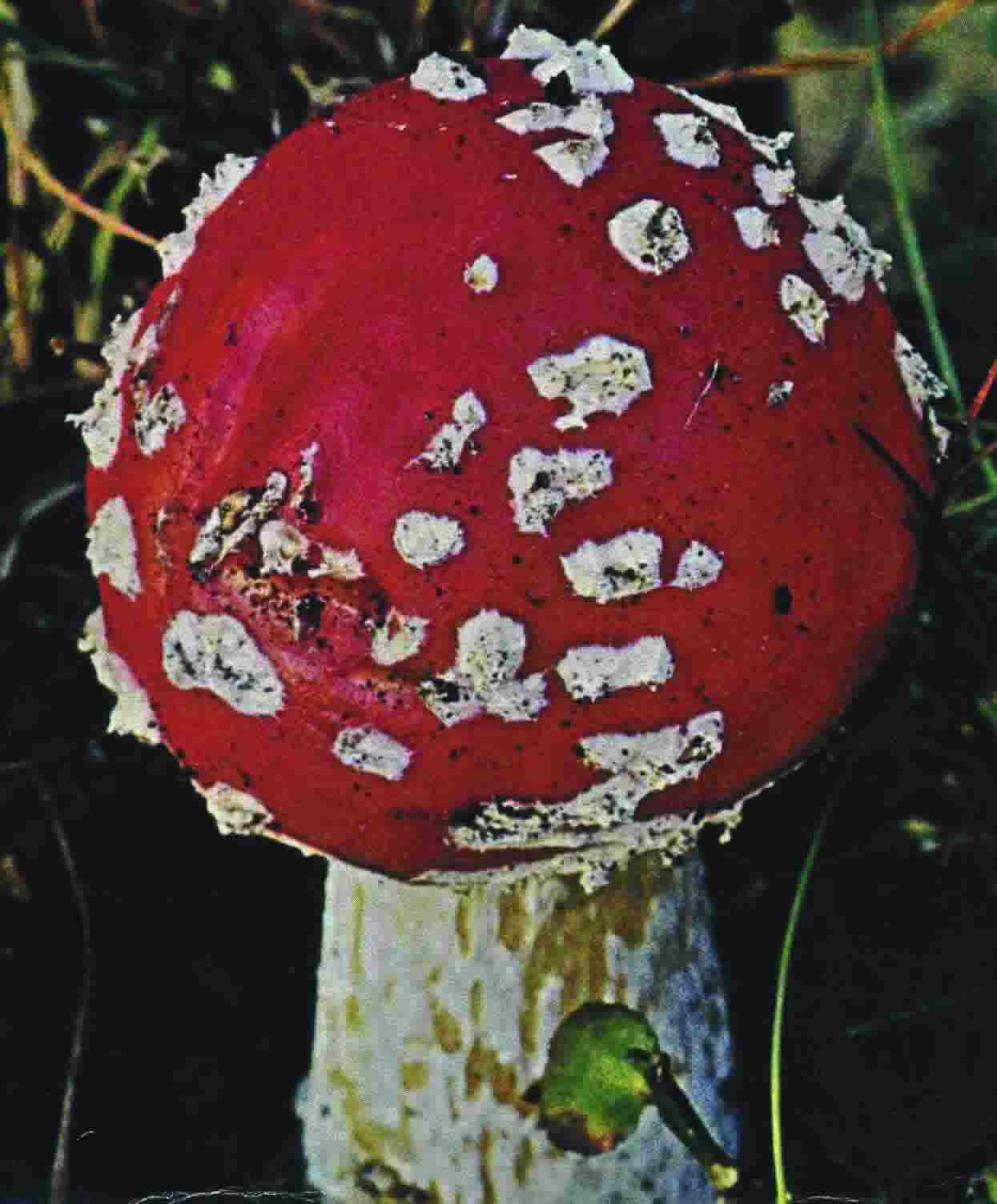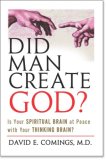Many different plants around the world contain a range of psychedelic drugs that are capable of strongly augmenting man’s innate capacity for spirituality. They do this by providing a powerful feeling of communication with a supernatural power. It is not at all unlikely that these entheogens (god producing substances) played a profound and critical role in facilitating man’s early belief in a God or gods and in the development of his religions. [p561]
Psychedelics and religion

The chapter on mysticism emphasized this role by a select group of mystics whose unique temporal lobes poured out their intense ecstatic experiences. In many cases this was a result of epilepsy or an epilepsy equivalent. Their spirituality was the result of intrinsic characteristics of their own brains. …a second type of spirituality is produced extrinsically by taking a range of psychedelic drugs. These compounds provide a powerful sense of a connection with a supernatural being. As such they may have played an important role in the early spiritual development of mankind.
The four major sources of the psychedelics involved are the psilocybin-containing mushrooms; the Ayahuasca brews containing DMT and beta-carbolines; the mescaline containing Peyote Cactus; and the muscimol containing Amanita muscaria or fly-agaric mushroom. In different cultures and locations, all four have been claimed to possess God-like qualities and Amanita muscari was even considered a God in its own right. All four played a role in the spiritual life of their users, and Amanita muscara may have played a major role in the formation of at least three of the world’s major religions. [p545]
